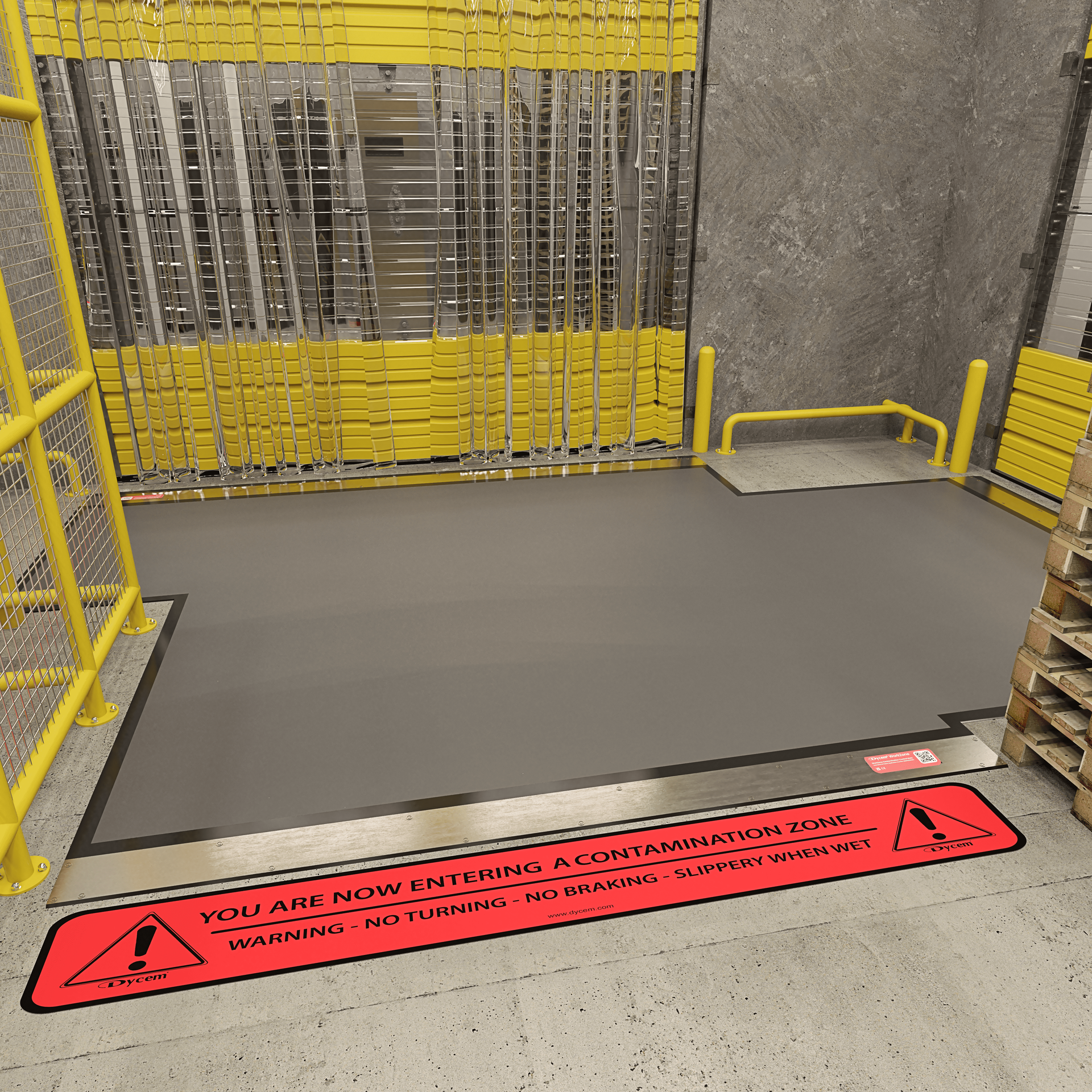Durham University, located in Durham, England, is ranked as one of the World’s Top 100 Universities in 2024 and renowned globally as an outstanding center for research. The Department of Biosciences at Durham conducts research addressing fundamentally important questions facing humankind, from food security to sustainability in industrial processes, mechanisms of antimicrobial resistance, and the impact of climate change on life on earth.
The Biosciences department has a long-standing record of research in plant sciences, including work with genetically modified (GM) seeds and plant tissue. Although beneficial for various research needs, GM seeds may have characteristics or changes that could present potential concerns for the environment, other plant species, or human health. Uncontrolled dissemination of such seeds could lead to unintended environmental consequences, such as the introduction of genetically modified traits into non-target areas.
CHALLENGE
Originally, as laboratory users exited the plant facility, there were no measures in place to control inadvertently transferring plant tissue/seeds from the growth rooms on the soles of their shoes. Implementing measures to control the release of GM seeds is crucial to ensuring the overall safety of the environment, biodiversity, and the well-being of those involved in laboratory and plant facility activities. Durham acknowledged the need to proactively implement measures to address and mitigate potential risks, even in the absence of previous incidents.
SOLUTION
Durham’s Biosciences department discovered Dycem through a colleague’s recommendation. In an effort to enhance their contamination control practices, Dycem® CleanZone mats were introduced in all plant growth areas dedicated to GM work. Additionally, the university has deployed Dycem® Floating Mats at entrances to laboratories and greenhouses to effectively manage cross-contamination between differing research processes and plant species.
RESULTS
With Dycem’s naturally tacky surface, the mats effectively capture up to 99.9% of seeds, plant tissue, or other contaminants from the shoes of users exiting the plant growth areas. The exceptional performance of the Dycem mats helps protect the external environment as well as the safety of lab users. By implementing the control mats at additional lab and greenhouse entrances, the valuable work being done is safeguarded from potential contamination. Overall, the partnership with Dycem has been effective in upholding Durham’s continued commitment to maintaining stringent research standards.
“The primary reason for implementing Dycem was improved contamination control. We are happy with the performance of the Dycem CleanZone and Floating Mats.” – Technical Manager
ABOUT DURHAM UNIVERSITY BIOSCIENCES DEPARTMENT
“The study of the biosciences has never been more important. The Covid-19 pandemic illustrates the crucial importance of managing health crises associated with disease outbreaks.
Other global problems such as feeding a growing population, antimicrobial resistance, and an ageing population; and understanding the impact of climate change on biodiversity, all require solutions rooted in the biological sciences. The impact of their research, and the training offered at Durham, provides opportunities to address these issues.”

